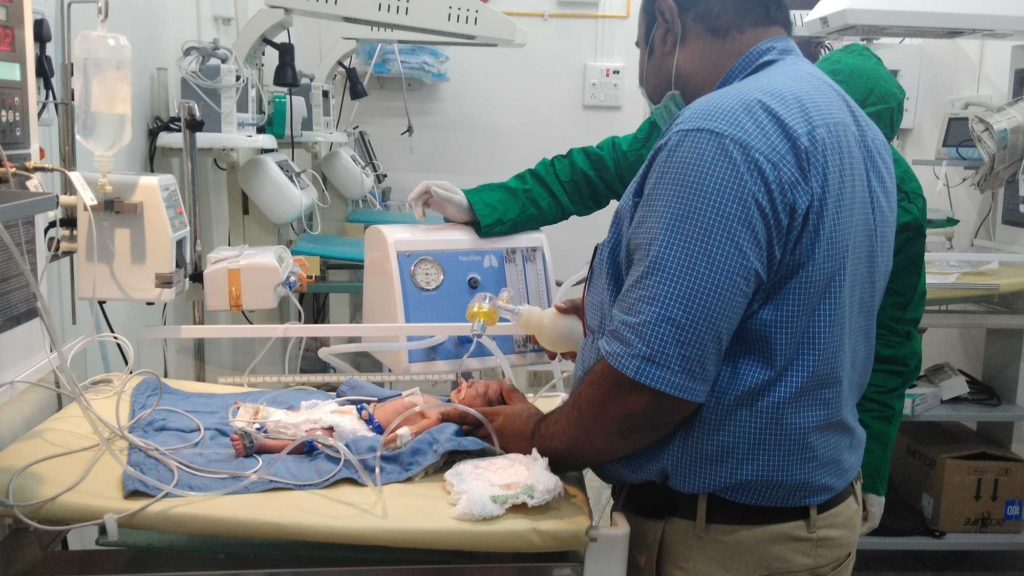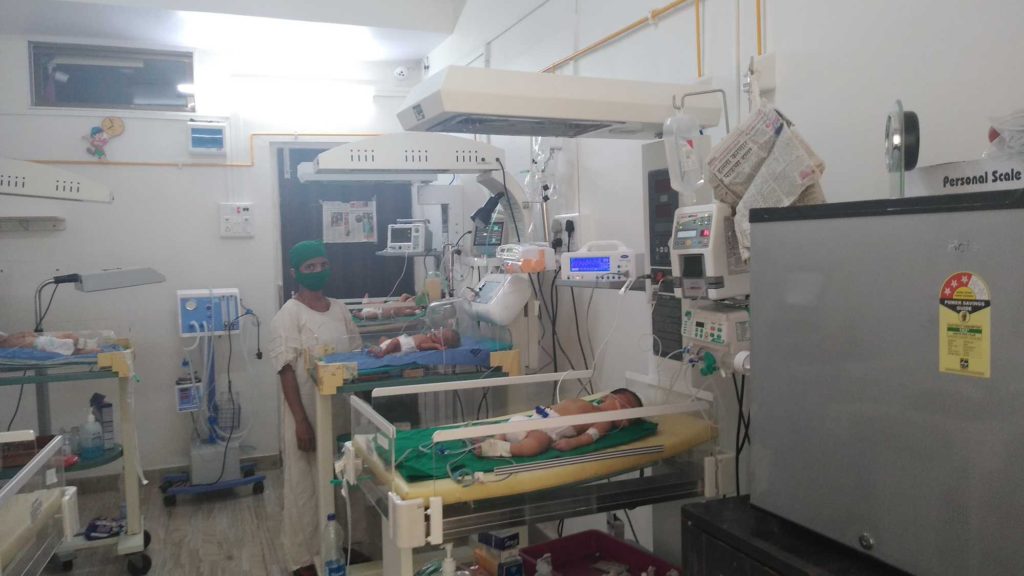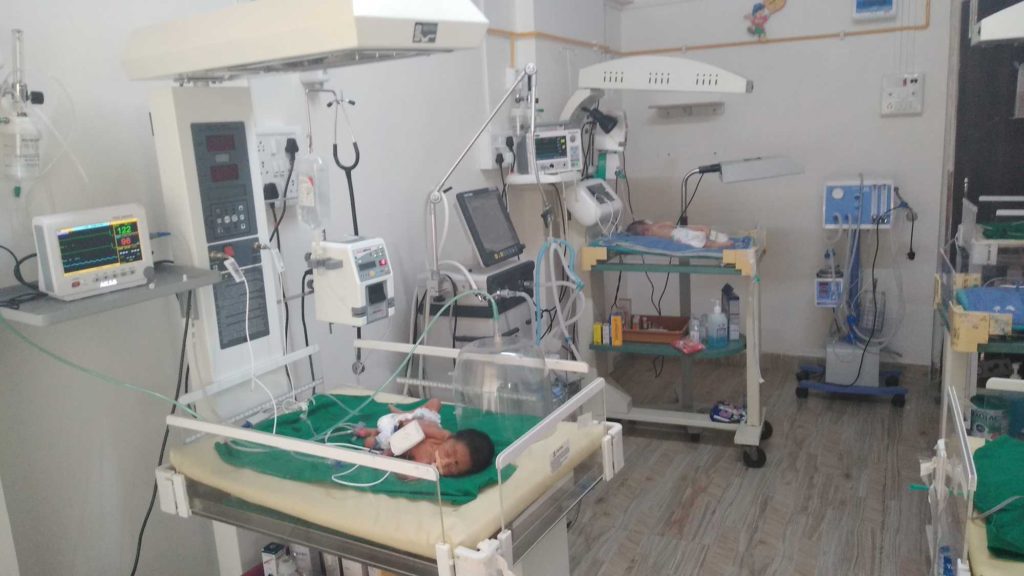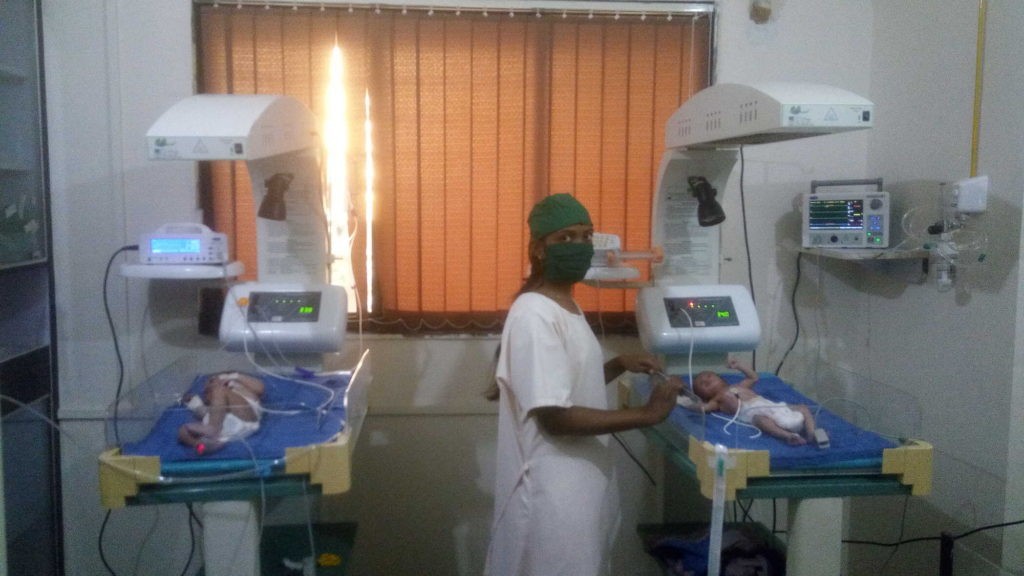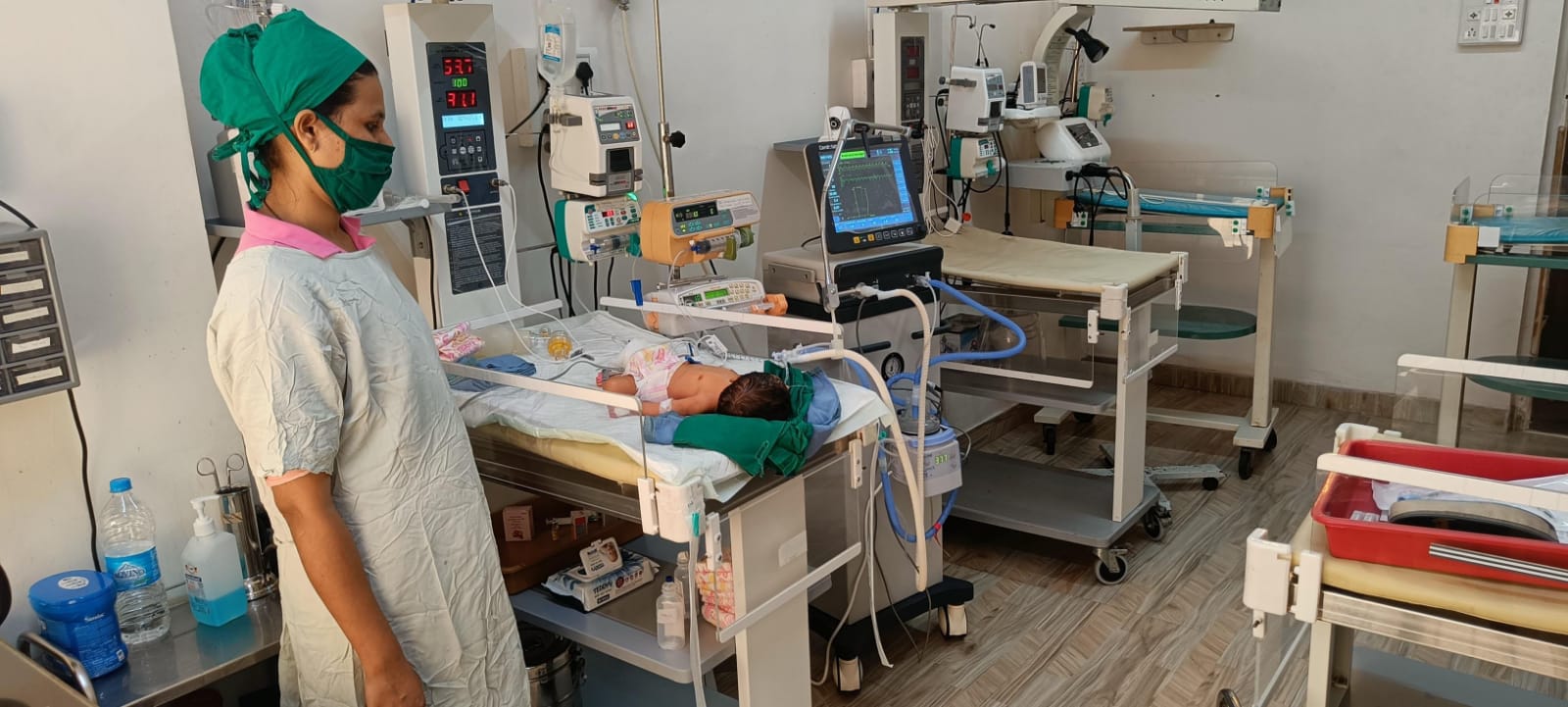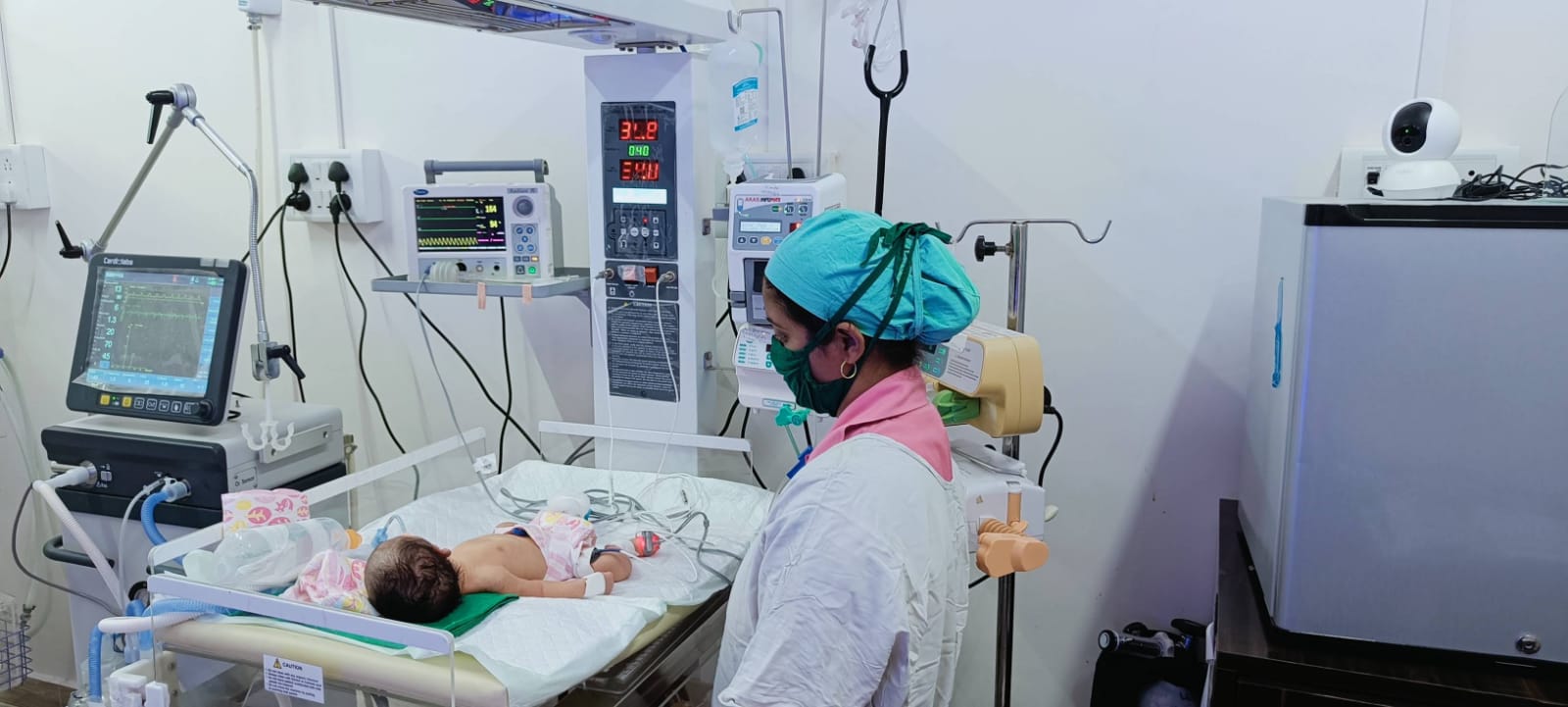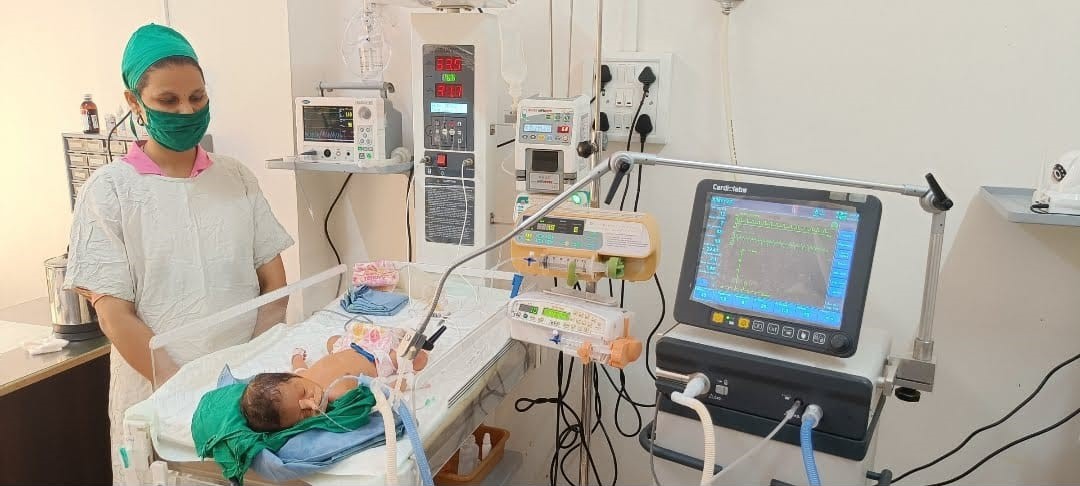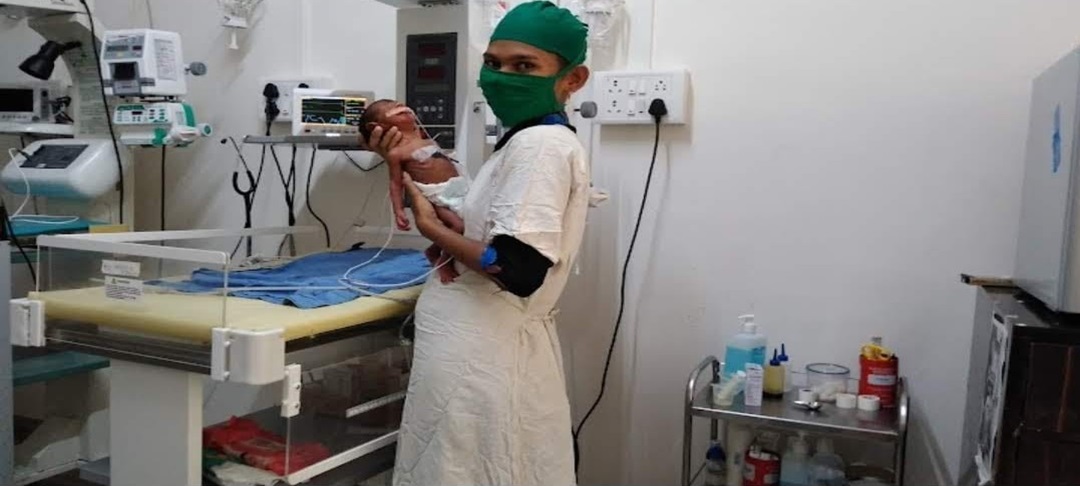NICU
The NICU stands for **Neonatal Intensive Care Unit**. It is a specialized department in a hospital designed to care for premature and critically ill newborns. Here's a more detailed look:
1. Patients: The primary patients of the NICU are neonates, which means newborn babies. These babies may be born premature, have illnesses, or exhibit complications either from birth or shortly after birth.
2. Specialized Care: Babies in the NICU often require special medical equipment and technology to monitor and support their delicate systems. This may include incubators to regulate their temperature, ventilators to assist with breathing, or IVs to deliver essential nutrients and medications.
3. Multidisciplinary Team: The NICU is staffed with a multidisciplinary team to meet the diverse needs of its tiny patients. This includes neonatologists (pediatric doctors specialized in the care of newborns), neonatal nurses, respiratory therapists, nutritionists, pharmacists, and other healthcare professionals who have specialized training in neonatal care.
4. Family-Centered Care: Many NICUs prioritize family-centered care, understanding the crucial role that parents and family play in the baby's recovery and well-being. This may involve allowing parents to be present during many of the baby's care routines, skin-to-skin contact (often called "kangaroo care"), and providing resources and support to help parents navigate the emotional and logistical challenges of having a baby in the NICU.
5. Duration: The length of a baby's stay in the NICU can vary greatly. Some may only need to be there for a few hours or days, while others, especially those born significantly premature, may stay for weeks or even months until they are stable and have reached a point in their development where they can thrive outside of the intensive care environment.
The NICU plays an essential role in providing specialized care to the most vulnerable newborns, helping to improve their chances of a healthy and successful start to life.

